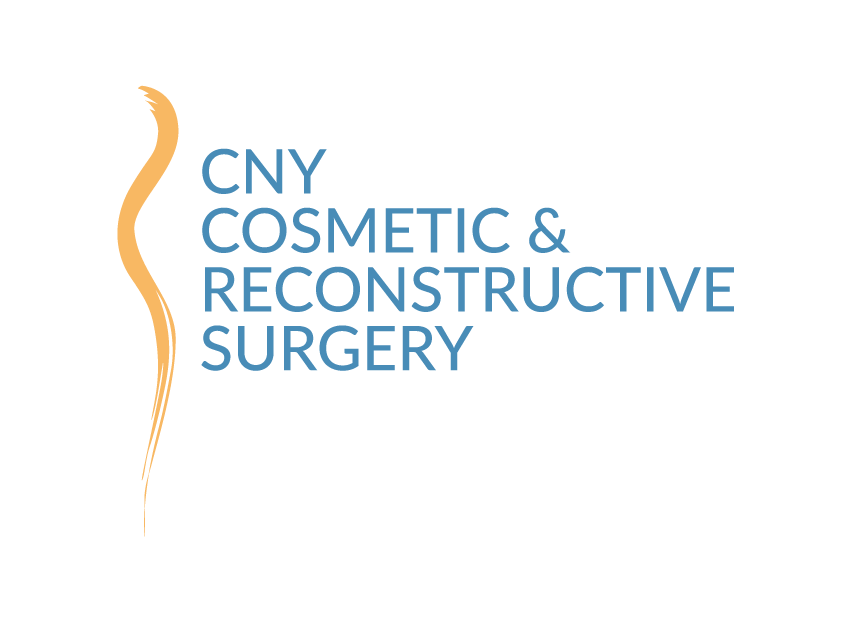Helping you love the way you look is our passion and privilege here at CNY Cosmetic & Reconstructive Surgery. Every day, the CNY Beauty Team is honored to learn about your aesthetic concerns and goals and work closely with you to achieve your personal best. Sometimes we come across a patient whose concerns seem out of balance. Maybe their perceived “imperfection” is so small that we can barely see it, or their self-image is alarmingly negative.

Sometimes, a condition called body dysmorphic disorder or body dysmorphia is at play. Body dysmorphia is a mental health condition in which a person fixates on one or more perceived flaws in their appearance. The person may feel so embarrassed, ashamed and anxious that they avoid social situations.
Does this sound like you?
Here are more signs of body dysmorphia, provided by the Mayo Clinic:
● Being extremely preoccupied with a perceived flaw in your appearance that to others can’t be seen or appears minor
● Strong belief that you have a defect in your appearance that makes you ugly or deformed
● Belief that others take special notice of your appearance in a negative way or mock you
● Engaging in behaviors aimed at fixing or hiding the perceived flaw that are difficult to resist or control, such as frequently checking the mirror, grooming or skin picking
● Attempting to hide perceived flaws with styling, makeup or clothes
● Constantly comparing your appearance with others
● Frequently seeking reassurance about your appearance from others
● Having perfectionist tendencies
● Seeking cosmetic procedures with little satisfaction
● Avoiding social situations
You may seek out numerous cosmetic procedures to try to “fix” your perceived flaw. Afterward, you may feel temporary satisfaction or a reduction in your distress, but often the anxiety returns, and you may resume searching for other ways to fix your perceived flaw.
Preoccupation with your appearance and excessive thoughts and repetitive behaviors can be unwanted, difficult to control and so time-consuming that they can cause major distress or problems in your social life, work, school or other areas of functioning.
You may excessively focus over one or more parts of your body. The feature that you focus on may change over time. The most common features people tend to fixate about include: the nose, complexion, wrinkles, acne and other blemishes; hair, such as appearance, thinning and baldness; skin and vein appearance; breast size; muscle size and tone; genitalia; a preoccupation with your body build being too small or not muscular enough (muscle dysmorphia), which occurs almost exclusively in men.
When to get help
At one point or another, many of us will exhibit self-conscious behavior regarding our appearance. That being said, if your self-perception is preventing you from leaving your house or is ruining your mood because you cannot stop thinking about it, it may be time to get help.
How to get help
Reach out to your doctor, mental health professional, friend, spiritual leader or loved one. They can help you by providing emotional support as a starting point, and finding treatment if possible. Body dysmorphic disorder is treatable with cognitive behavioral therapy and/or medication. If you think you may hurt yourself or attempt suicide, you can get help right away by calling 911. You can also call the National Suicide Prevention Lifeline at 1-800-273-TALK (1-800-273-8255).
The CNY Beauty Team wants you to know almost everyone wants to improve some aspect of their appearance, and there is absolutely nothing abnormal or unhealthy about that! It is only when our “flaws” consume all our time and energy that we recommend taking a step back and asking for help. Please remember that there is so much beauty in you, and the CNY Beauty Team is here to help you every step of the way!
To learn more or ask us any questions, please do not hesitate to reach out by calling (315) 663-0112 or filling out our consultation request form today.

